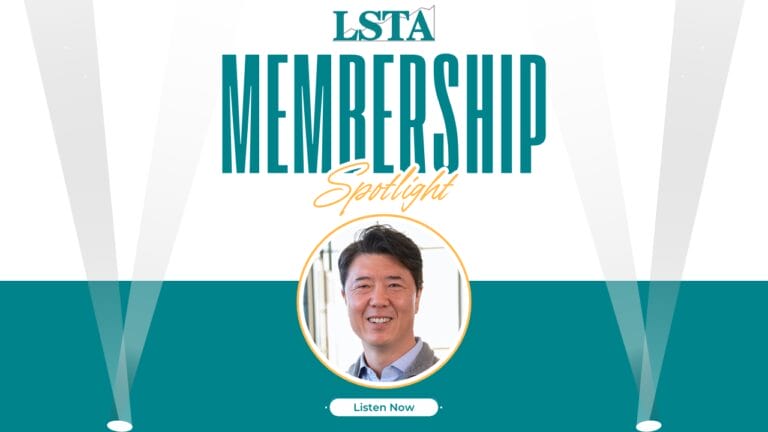December 6, 2023 - On November 30, the LSTA hosted the annual Geopolitics and the Loan Market: What’s in Store for 2024? webinar with Geopolitical Strategist David Chmiel, Managing Director of Global Torchlight. Mr. Chmiel examined three themes during his talk: confusion, competition and conflict and how they could each impact the US loan market in 2024. First, he explained that the theme of confusion relates to the different elections to be held around the globe in 2024, who will govern as a result of those elections, and the accompanying policy uncertainty. The second theme of competition was also explored, and this covered trade, the move towards protection and economic nationalism, and the decoupling of economic dependence on China. Finally, the third theme of conflict was discussed. The two major wars — the Israel – Hamas War and the Ukraine – Russia War — and the prospects for future potential conflict involving, for example, Taiwan, were all explored.
2024 will be a fascinating year for elections. In February, Indonesia goes to the polls. In March, the presidential elections will be held in Russia, and although we are unlikely to see any upsets, those elections may serve as a catalyst for public protest so it will be interesting to see how Putin responds if any such circumstances transpire. Then in June, Mexico has a full set of elections so they will be closely watched. Finally, the issues of security along the Mexican border with the US will, of course, be critical in the US presidential election in November.
The second basket of issues falls into the competition side of the risks we face in the year ahead and the great decoupling debate with the supply chain dependency with China. Notably, Canada has been eclipsed by Mexico as the single largest trading partner of the US. Interestingly, when looking at China (which had peaked in 2017 as the US’s largest trading partner), the majority of Americans do not think the US is doing enough on IP theft, human rights, and China’s surveillance on the US.
Fortunately, the US recognizes that it needs global cooperation and allies if it is to achieve its objectives — it can’t go it alone. For example, the effectiveness of sanctions on Russia worked because many other countries were also willing to engage in implementing sanctions on Russia. India is now the most populist country surpassing China earlier this year, and fortunately for the US, people in India generally hold favorable views of the US for both trade and security.
Finally, conflict -there are two wars currently raging: the Israel – Hamas War and the Ukraine – Russia War. Within the Ukraine, there is now more support this year for a negotiated settlement and a small drop in public opinion for continuing to fight the war until it is won. In a recent poll, voters in the US were likely to support a US president who wants to continue sending military aid to the Ukraine, support the NATO Alliance and does not want to lift the sanctions on Russia. Chmiel concluded his talk by noting that there is the risk that the three themes of confusion, competition, and conflict converge to give rise to more chaos on the global arena. The presentation slides are excellent so I encourage you to read them and spend time reviewing them, and in particular, I would recommend that people view the slide “Preferred Cooperation Partners – Security and Trade” and the slide “Trade Ties with China in the Event of Conflict with Taiwan”. There is a lot of information to unpack in both of them. Click here for the slides and the replay.







